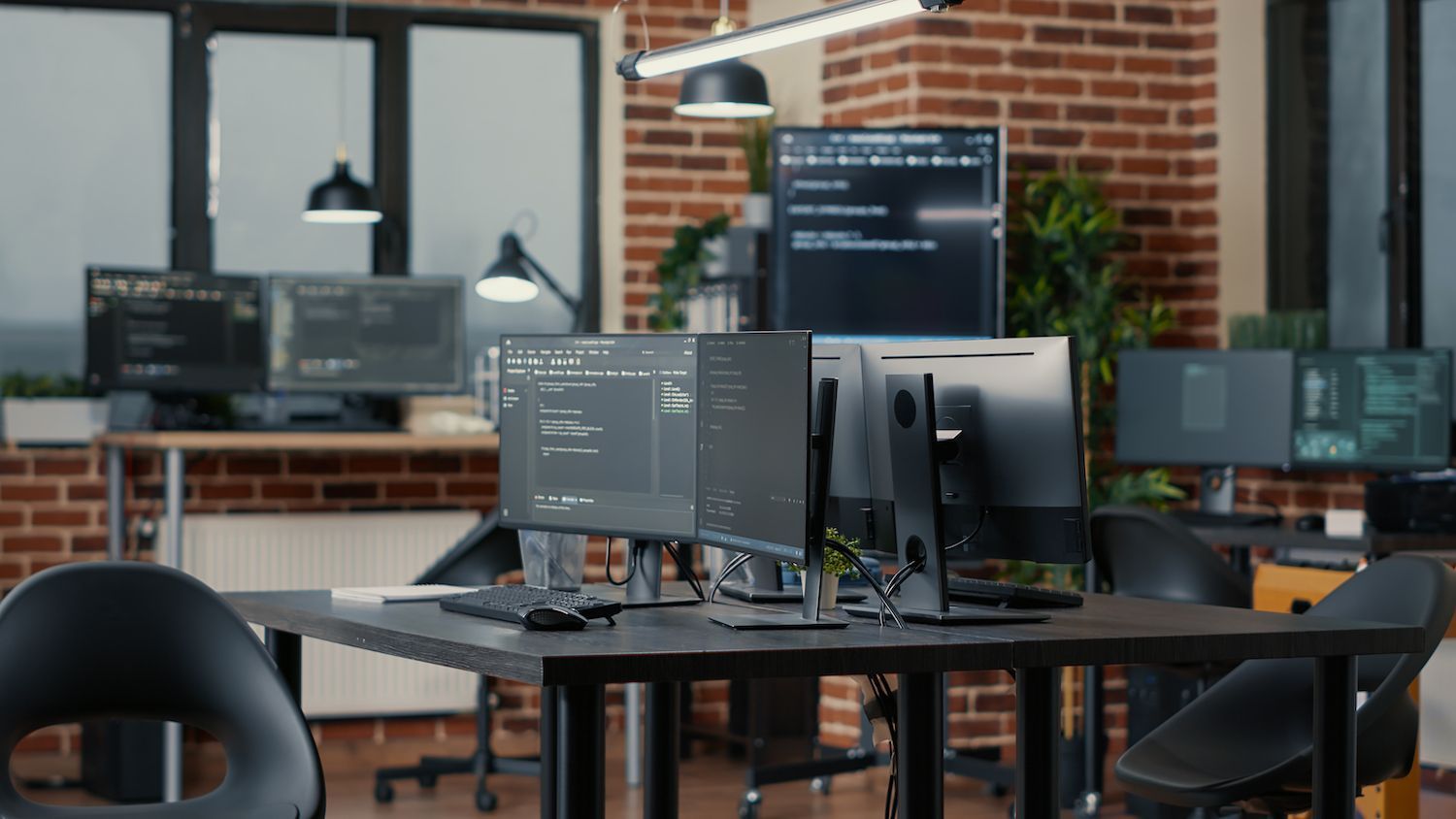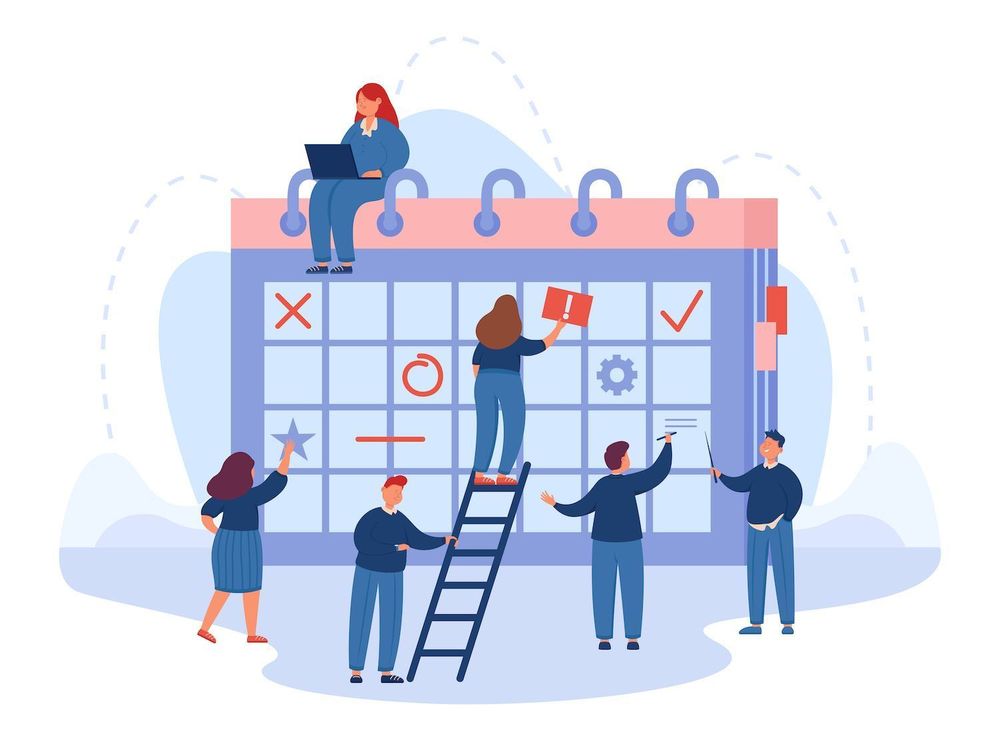What Epic wants to find on its App Stores? What other features are game designers Really Looking for? -
While mobile game and application creators shout to heaven to protest the duopoly tax of thirty percent that gamers pay on nearly all revenue from games on mobile devices around the world, Epic Games has emerged as the most prominent gaming firm trying to make computing accessible to mobile phones.
They contacted privately both small and large studios to discuss the issues they'd like to hear about in the following manner: what they stated they were keen to find out.
Background Introduction: The long and slow Decline of Open Computing as well as The App Tax which is 30%%
The world of computing is never more agile than it is today. The time was when developers of video games and software depended on free computing utilizing PC in addition to Mac platforms, allowing creators to create games whenever they wanted, have direct access to their players and choose payment options which were compatible with the game. The absence of gatekeepers was not a requirement to be a part of the process. All you required was computers and the user's name or. It's changed.
In the present, over half of the time spent on screens for computers occurs on mobile devices which is increasing. Furthermore, more than 100 percent of market share is split between Apple or Google. Because of the dominant position of mobile-based market shares, and the resulting limitations on distribution of games as well as shopping online, the entire world that is open to computer technology is in danger higher than it was previously, which is costly to consumers as well as game and application creators.
Both Google as well as Apple's application stores use a 30% cost for purchases of games and related products that are sold through their platforms. Apple has control over the distribution of 100% of the games and transactions online via iOS devices. But, Google lets OEM market applications and games to mobile devices via the possibility of loading games via sideloading. The company limits gaming payments from third parties exclusively to games that are available through Google Play.
Google Play does offer a payment integration service that permits companies from third parties to help a limited percentage of game creators through the " user choice billing" test. However "user choice billing" is a high price market fee, which ranges from 26 percent to 36% even if you use the payment services you own. You assume all the risks and are responsible for payment.
The consequence on the effect of Apple and Google's dominance over a large portion of global computing, is that consumers pay 30 percent tax, which is charged for mobile games as well as applications. The tax is imposed by the users. The tax does not go to game developers and may hinder users' access to computing in addition to the online market. Because of this stifling effect of open computing, players and all ages are convinced that it's the perfect moment to change their behavior.
What are the Game Designers who aren't Epic?
Our team began an adventure of one month where we questioned game developers of all sizes and small on the things they would want to see changes in the guidelines that they use regarding mobile-friendly applications. Although they were not all agreeing on the particulars of each, three are the most important things they shared with them they'd like to see changed. in a position to
1. iOS to support sideloading games that do not display scare screens.
iOS is long-time restricted to "sideloading" apps and games that are downloaded from outside of the App Store. The downloaded content is obtained from the official site of the game's creator, or via a third party market. The sideloading feature allows users to buy games, and developers to distribute and market games however they want, according to the rules they're able to stick to. Android allows sideloading of applications as well as games, but it does so with a series of ineffective warnings by the name of "scare screens" which inform users of the dangers of "downloading apps via the internet." Most game designers who we spoke to believe that Apple will be able to allow sideloading as well. Apple as well as Google should stay clear from self-serving and excessive screen-based warnings which devalue the availability of software beyond their stores for applications.
2. You can allow the use of "steering" and integrated payments through third-party payment system.
Both Google together with Apple restrict the ability to present prices and purchasing choices available via third-party payment systems, in addition to the application store. Items similar to those sold with lower prices to players but the game's designers aren't able to steer their clients to such options or offer hyperlinks to purchasing options or integrate experiences offered by other players into their game. Although a lot of game designers we talked to believed that there was value in making payment via apps, their preferred option was to give players and game developers the option of removing steering or embedded restrictions on payment.
3. The cost is zero on steering and embedded payments.
The ability to manage and embedded payments can be a positive thing. However, as we've seen during the Google "user billing option" pilot, the capability to perform things and the desire to perform something are two different aspects. The pilot "user preferred billing" includes an astronomical cost of $26 to make transactions using third-party payment services and paired with the fees they charge it is an uncost-free benefit to a majority of creators. The game developers we talked to thought that a zero amount was enough to cover the cost for transactions that were not covered by the application store. They were however all agreed to a particular kind of financial reward for app stores, which could increase the downloading and game playability. However, taking a 26% portion of every transaction made by a third party is higher than they consider to be reasonable.
What's next?
There are a variety of other specific demands, all of which have nuances regarding the ways apps work and game designers want to be aware of. those three needs are their essential requirements. Think about how they will affect the future of open computing. It is suitable for mobile devices.
About

David Nachman David is CEO of , a trusted full-service partner in e-commerce for software companies. David is responsible for overseeing the company's growth and building on its capabilities to deliver industry-leading e-commerce services that cater to the ever-growing market for software. In the last twenty years, David has held positions ranging from functional vice president to CEO of high-growth companies such as Vision, Velocify, and HireRight.
The article was first published here. here
Article was posted on here
Article was first seen on here
